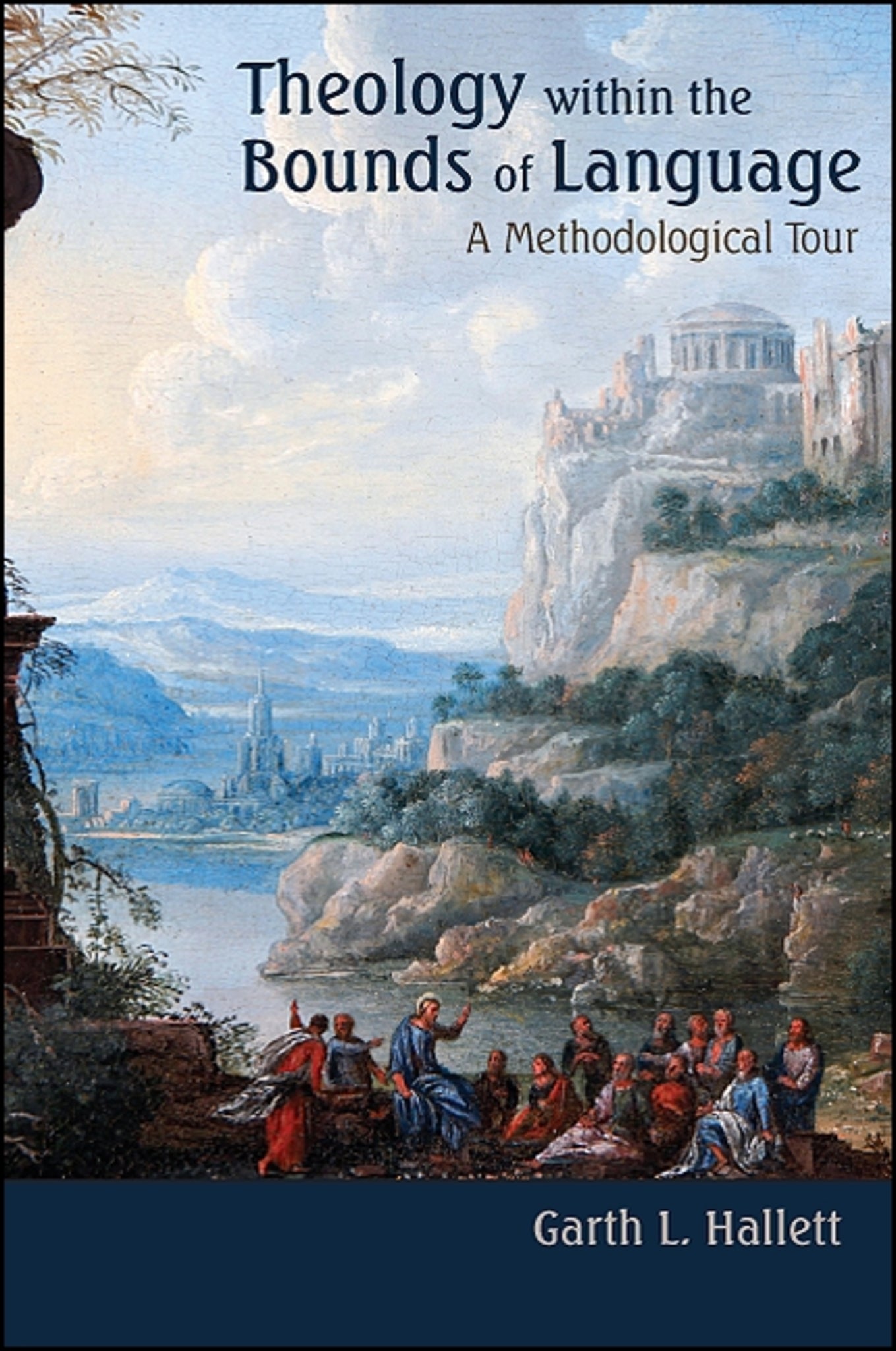We're sorry. An error has occurred
Please cancel or retry.
Theology within the Bounds of Language

Some error occured while loading the Quick View. Please close the Quick View and try reloading the page.
Couldn't load pickup availability
- Format:
-
02 January 2012

Explores the use of language in Christian theology.
In this wide-ranging work, Garth L. Hallett offers a guided tour through fundamental issues regarding the use of language in theology. His preliminary discussions-on language and thought, language and truth, the authority of language, making sense, the relationship between sense and possibility-prepare linguistic reflection on such topics as inference and argument, universal factual and moral claims, defining and saying what things are, verbal versus nonverbal agreement and disagreement, interfaith dialogue, theological language, and metaphor. Hallett employs a wealth of distinctly Christian examples in these considerations, including love, faith, God, religion, the Eucharist, the afterlife, divine law, evil, the Incarnation, the Trinity, the holy, and many others. In the course of this fascinating exploration, readers should learn to find their way more surely in a vast, complex terrain, and mystery will emerge both diminished and deepened. In addition, at the end of each chapter Hallett provides a series of intriguing quotations that invite further reflection.


"Hallett is an acknowledged guide to Wittgenstein, and his work offers a helpful explanation of the philosopher's role in altering our understanding of language." — The Thomist
Preface
1. The Terrain Ahead
2. Language and Thought
3. Linguistic Spectacles
4. Linguistic Truth
5. Truth’s Norm
6. The Norm’s Feasibility
7. Making Sense
8. Sense versus Possibility
9. Inference and Analogy
10. Universal Claims (Factual)
11. Universal Claims (Moral)
12. Privileged Senses
13. Defi ning and Saying What Things Are
14. The Need of Examples
15. Important Linguistic Distinctions
16. Verbal Disagreement
17. Verbal Agreement
18. Interfaith Dialogue
19. Interfaith Identities
20. Theological Language
21. Metaphor
22. Mystery
Epilogy
Notes
Works Cited
Index



